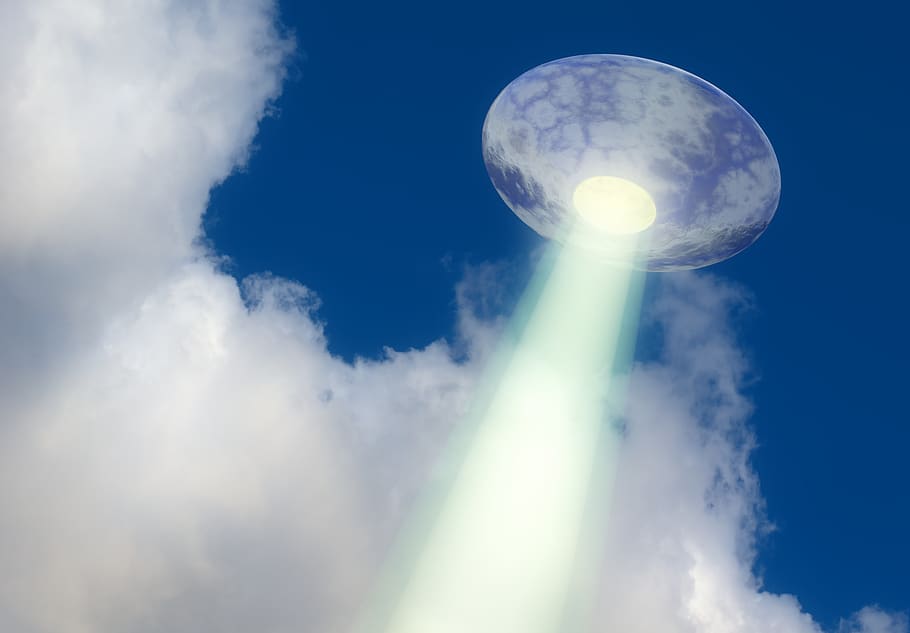What is the ancient astronaut theory? It is an old idea that the events of ancient history were influenced by advanced extraterrestrial beings. It is also known as the hypothesis that there were visits to Earth from beings who came from other worlds. This article will cover its origins and history, how it was received by scholars in ancient times, and what is being debated today. The ancient astronaut theory has been around since the 1920s and has got a new life lately due to renewed interest in ufology. People who subscribe to this are called ufologists, or just those who study ancient astronauts, and will claim that there are many signs pointing towards the idea that alien visitors may have seeded human civilization with important technologies like writing and metallurgy. This article will briefly address what is meant by the term 'alien' for people not familiar with it before explaining where these aliens might have come from.

Most people are not aware of this, but ancient civilizations do not actually seem to have been that old. The earliest civilization known is the pre-historic Sumerian civilization of around 4000 BC, and most people think that the indigenous people of the Americas were the first to develop agriculture and such in the New World. There are some historians who believe that this wasn't so as they claim there was already a stone age society living in the Americas before 7000 BC . The Sumerian civilization is known to be older than the American one, so if there was one earlier, then it could only be those from another place.
By examining old texts we can find their meanings have been changed during their passage through time. The word 'alien' in the ancient texts makes reference to extraterrestrial aliens, which then becomes translated as 'stranger', or sometimes as 'other'. So many people who were aware of this recorded what they believed was speaking from God and the Bible until the Church actually adopted many of these as their own.
The book of Ezekiel claims that "ll spirits, both good and evil", are being released from all over the planet, which is a nice way to describe ancient aliens. Ezekiel also records that in his time, alien entities were indeed visiting the people of Israel. The word alien comes from the Latin word 'alienus' which means 'stranger'. This is not just from Biblical writings but also of other literature. We will be looking at a few examples so you can expand on this if you wish.
A group of aliens known as the Cydonians have been described in stories from ancient Greece and Rome. The ancient Greeks knew of a race of giants who were said to live in the mountains and they were called Cyclopes and Cyclopes were composed of two animals, a lion and an eagle. They are also reported to have had the power to make lightning appear out of nowhere, which is something that we can't do with our technology today.
These beings might have visited Earth at one time but they eventually left it for good, or perhaps even on other planets. According to the Greek poet Hesiod, these beings' home planet was named "Cydonia", meaning "to have a mouth". It is also said to be a lush island with many animals and has a golden throne at the center (hence perhaps meaning 'golden planet'). Despite not being positively identified in ancient records, there are many people who believe that this is the same planet called Mars because it has been used again by advanced races in recorded history.
In the book Vespasianakuides: The History of Gods , they describe how one day Zeus was performing his duties above Mount Olympus and he grew so tired that he collapsed on Earth. This led to the position of Mount Olympus being taken by a new deity called Zeus Chthonios (Zeus of the Underworld), who protected Greece for a while. The authors describe this event like this: "Every time that Zeus was ascending to Olympus he would swear on his father's head, and every time that he descended, he swore on his mother's, and at last he swore on neither.[According to Polycrates's account.] For long ages did Chthon remain in habitation there, but when [this] god became weary of it , and again ascended above the earth, taking with him all these spirits , this god [Chthon] left behind him many evidences of himself in the mountains and woods.

